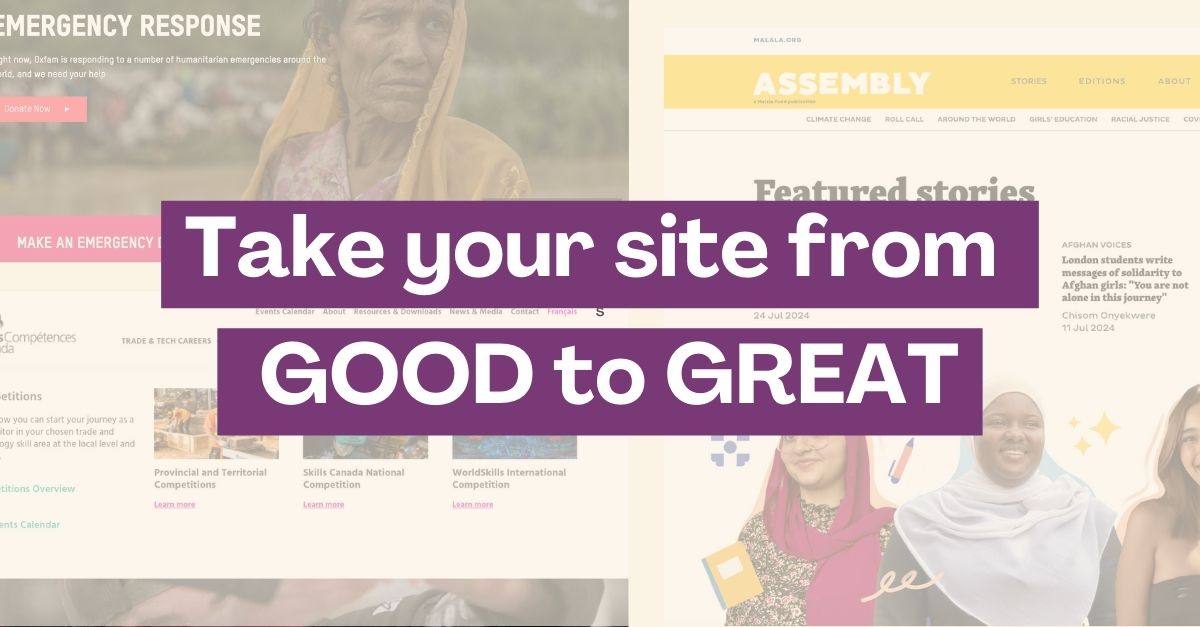"*" indicates required fields
Why is keyword research important for SEO?

Keyword research is a tool among others in the SEO world that helps strengthen the optimization process and the ultimate goal of ranking high in search engines.
Part of what makes search engine optimization (SEO) so exciting as a marketing tool is the fact that people are writing words related to your services or business.
As opposed to other forms of marketing where you have to interrupt people’s activities for them to take notice of you and your services, in this case, people are looking for you!
BLACK HAT SEO: AVOID AT ALL COSTS!
Now, where many people get SEO wrong, is when they try to rank for anything and everything.
Good SEO is no longer about ‘’keyword stuffing” and black-hat backlinking strategies that will increase your quantity and not quality of leads.
Nowadays, it’s more important than ever to be strategic with your keyword choices.
That’s why keyword research is crucial.

Boost your online presence with our help
- Web design and development
- SEO and PPC
- Social media strategy
- AI technology
DO NOT ASSUME YOUR KEYWORDS
Conducting effective keyword research allows for a strategic and powerful copywriting and meta tag optimization process.
Instead of assuming the words you should include in your website’s copy and meta tag information, you should use those ideas and assumptions as ‘seed words’ for better search results.
Those seed keywords can be used to start your research with search tools such as ubersuggest, or SEMRUSH. These tools will take your initial keyword idea, and provide you with insight and more choices to choose from.
It will break down the two most important details for all your keyword choices – whether or not they are even being searched for (volume) and whether they are attainable (competitive level).
The goal is to choose keywords that you KNOW have a decent volume of searches per month and a reasonable competitive advantage.
LONG-TAIL KEYWORDS
Likely, the keywords that will fall under the ‘decent volume and low competition levels’ are what we call long-tail keywords.
A seed keyword such as ‘’lipstick’’, might generate the most traffic, but it will be almost impossible to rank for such a general and competitive keyword. That’s why you need to add to that general keyword to find your ideal long-tail keywords.
Something like ‘’natural healthy lipsticks’’ will refine the search results and competitors. Yes there will be less people who write such a specific request, but not only will you increase your chances of ranking, these searches will also generate warmer leads.
If your company offers natural healthy lipsticks, you should try to target people looking for those products, and not the general masses. Longer variations of your initial ideas will generate lower search volumes, but better opportunities to rank and higher conversion rates.
WHAT TO DO ONCE YOU FIND YOUR KEYWORDS
Once you choose those ideal keywords, the optimization process goes from a guessing game to a strategic plan. You can move forward to the on-page optimization process to focus on increasing the density of your keyword (the number of times it appears on a page) in the right places throughout your text. Along with adding the appropriate meta information, this will help increase the relevancy of your pages for certain keywords.
Let's chat about your goals
OR tell us more about you
Swipe up for expert help!





